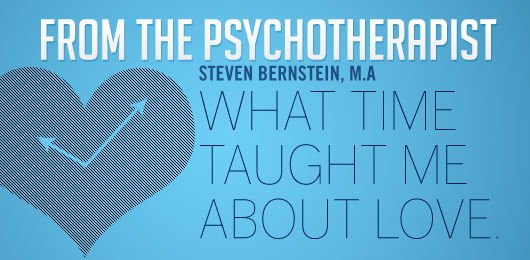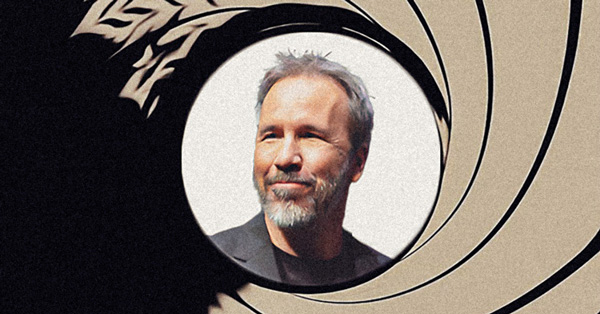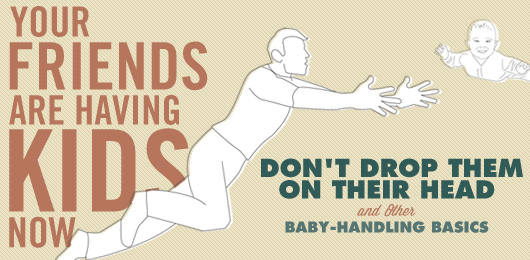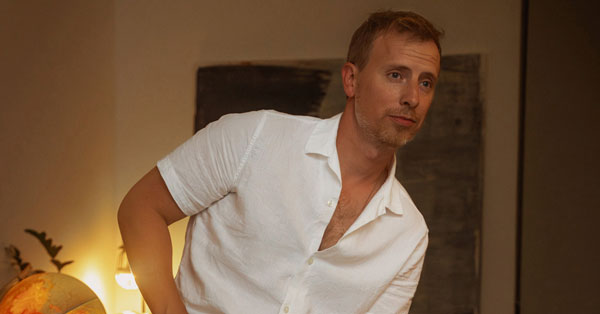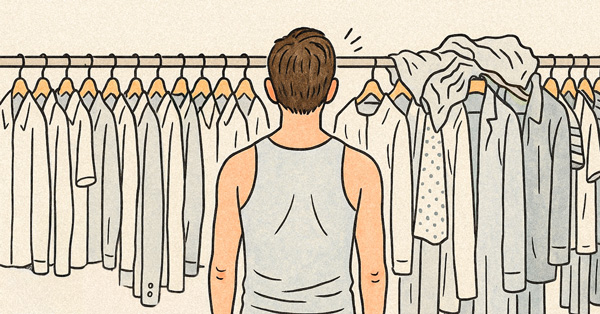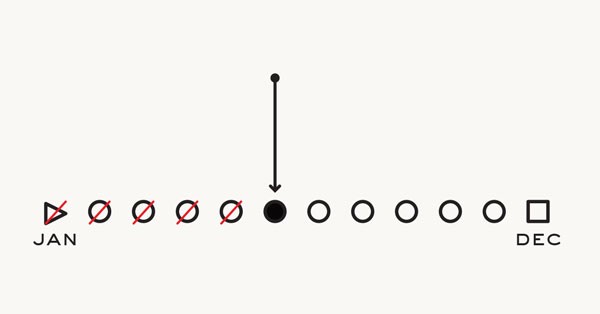Driving home the other day, I noticed I'd been singing a tune in my head, one that I quickly realized I hadn't been able to shake that whole day – U2's With or Without You. I believe that when there's a song floating around in our consciousness, it's not a coincidence (it so happens, I also don't believe in coincidence.) It's there for a reason, perhaps to point to something going on in our life at the moment or as a sign that we're trying to work though something internally.
In my own case, as someone who's relatively newly divorced (following an 18-year relationship with a wonderful woman that had simply reached its end) and who's found himself in a myriad of unsurprisingly bittersweet post-divorce relationships, I've had ample time to reflect on couplehood — and, especially, on that well-worn algorithm, “Women, Ya' can't live with 'em; ya' can't live without 'em.” An axiom that ultimately speaks to the understandable tension between loneliness versus tolerating another's imperfections (and, incidentally, a quip that could as easily be said of ‘men.') Hence the U2 thing.
Through all my dabbles, debacles, and masterpieces, past and present, I find myself doubly appreciative of (and, yes, sometimes still perplexed by) relationships – their frailty, the passion that comes with the best of them, and the sense of deep connection that they offer us. They are the cornerstone, the essence of our lives.
But, boy, are they work, even the fun ones. Face it, philosophers, poets, pundits, and self-proclaimed pickup artists alike, have all been trying to crack the proverbial code of love and women, pretty much since the beginning of time. And, though, perhaps, we've made headway in unlocking some of the mystery of intimacy, we're all still pretty much clueless when it comes to matters of the heart, whose reasons, said poet W.H. Auden, “are as crooked as a corkscrew.”
That said, time can't help but offer perspective. Looking back at my 20's, a time when we're trying to integrate ourselves into the adult working world and do what psychologists call ‘consolidate identity', I see that I was still trying to chart a career path that made sense for me, was clearly still wrestling with the question of what I might actually have to offer a mate and, it so happens, wasn't all that far from living inside of a refrigerator box on the streets of lower Manhattan. Fortunately, that didn't happen – the box – but relationships did (there is a God.) And, if there's one thing thing I've learned about them, or 7, it's that:
The Core's Got to be a Friendship
Relationships are comprised of many elements and meet multiple needs – companionship, emotional intimacy, sex, support. But, at the end of the day, when our heads are about to hit the pillow, what ultimately sustains connections and fosters the deepest, most resilient bond is friendship.
By friendship I mean trust, loyalty, devotion, deep care, sacrifice, and fun. Friendship is the foundation of a relationship, without which the house cannot be built. And it is the currency that allows relationships to survive in times of difficulty, when couples can draw on their dividends of kindness and respect to stay afloat.
Tolerance
We can't change people, a frustrating truth. But, relationships are infamous for making us want to try anyway. “If only they'd just….Then I could…” It doesn't work like that.
If our partner's doing something that bothers us, we need to tell them. If they can alter that behavior, great. But, we can't expect people to change. Ultimately, we have to learn to accept one another's differences (I'm not talking about situations such where there is abuse or other examples of obvious indecency, where there is clearly no need to accept such behavior – quite the contrary.) Simply because people are different. And because our unhappiness comes not from the other person's behavior, but from our resistance to what they're doing. The less resistance we feel, the happier we are.
Teflon versus Velcro
Sometimes we need to hang on; sometimes we need to let go. The art's knowing the difference; the art's in the balance. Someone who's Velcro hangs onto everything all the time. Stuff sticks to them and won't let go. Someone who's Teflon, things roll off. Teflon people and relationships are usually a lot happier, though they have their own set of problems. The point is, in a relationship there needs to be a certain amount of lightness. That's why Teflon-like qualities such as humor, letting go, not taking things personally, and especially forgiveness are so important.
Understanding Jealousy
Jealousy is an interesting emotion, one that many people bump up against in relationships. It arises when one feels threatened, as when one fears that their partner likes someone else. This perception triggers a number of primal responses – insecurity, anger, fear, and anxiety, all uncomfortable. Jealousy is hard to stomach because it engenders a feeling of helplessness or powerlessness. Jealousy isn't just about primal desire. It's ultimately about fear of loss, loss of someone important to us.
Talking to our partner about it from this perspective, the perspective of vulnerability, rather than anger, is the most effective way of dealing with this feeling in a relationship.
You Wanna Be Right or Happy?
We put way too much emphasis on being right. The lengths we go to to prove our point are amazing. It's like being wrong is akin to death. That's because of how attached we are to our egos and we know the male ego is a fragile thing. The ego protects us and we all need protection. But, we're slaves to our egos and that kills relationships.
Next time you're in an argument, consider that giving in isn't a loss. It saves time and energy and is making an investment in the relationship, which will win you points in the end.
Validation
It's easy in relationships to take the other person for granted. It happens all the time. We tend to get consumed by our own needs, desires, and perspective and forget about the other person. Consider, for instance, that you're mired in a conflict and your partner's just expressed a point. Rather than letting them know that you've heard them, you simply respond back with your own view. This often takes the form of “Yes, but…” Even if we don't agree with what our partner has to say, we need to find ways of acknowledging or validating their view.
Like, simply, “I hear what you're saying.” We're all self-preoccupied to an extent, but self-absorption kills relationships. Let your partner know: message heard, understood, and appreciated. This is validation and it goes miles.
Say What You Need
Another thing that destroys relationships are resentments and the quickest route to a good ‘ol resentment is to suppress something that's bothering you. So, your partner asks if you want to go to a party on Friday after work. You say ‘yes' (to avoid a fight) even though you were planning on relaxing that night. Friday evening rolls around and you're tired. Your partner asks you something and you respond sarcastically (suppressed anger about going to the party.) Then a conflict ensues.
Lesson # 1: people can't read our minds. We need to let them know what we need and want. If you're not sure whether to say something or not ask yourself, ‘Will I feel resentful if I don't?' If the answer is ‘yes', you owe it to yourself to say something.
Ralph Waldo Emerson described relationships as a “delicious torment.” The word “torment” may or may not be a little strong, but I like his general idea. The bottom line is they are a source of both transcendent pleasure and exquisite challenge. Either way, they're the glue that binds us. We understand ourselves only through our relationship with others. So, to work on our relationship is to work on ourselves. That's why they're so tricky – because they're a mirror. As for navigating those tough parts, well, there's always your much-touted make up sex.
But, that's another story.



